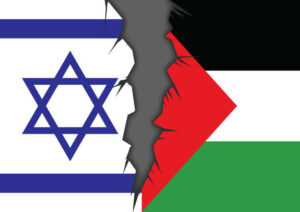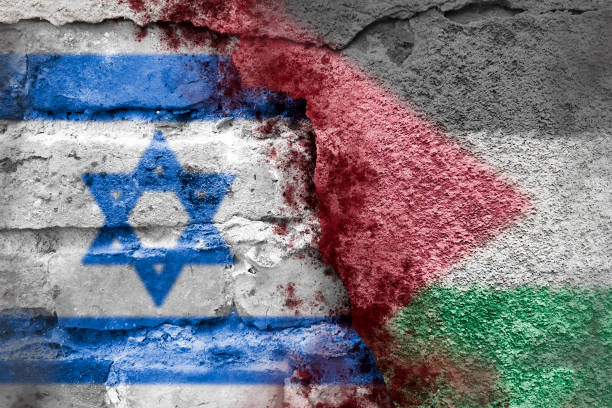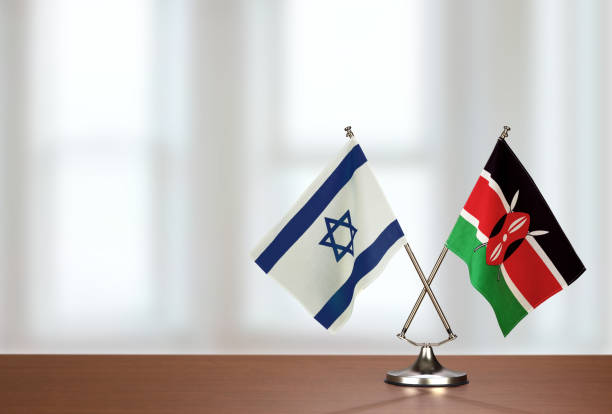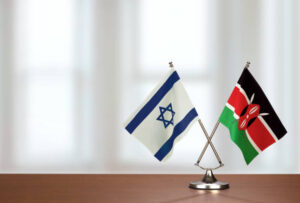Rocket Attacks from Lebanon
On October 20, chaos erupted in northern Israel as approximately 160 rockets launched from Lebanon ignited multiple fires and prompted emergency responses. Police and bomb squads closed major roads, including sections of Highway 90, to secure the area.. Firefighters, aided by six helicopters, battled blazes near Safed. Although no immediate danger to homes was reported, the psychological toll on residents and the disruption of daily life continued to escalate. This attack added to the growing anxiety among Israeli citizens, who now live under the constant threat of rocket fire. The war between Hamas and Israel further exacerbates the situation.
Tragic Incident in Gaza
In a disturbing turn, the Israeli military is reviewing reports that a shell struck a water maintenance team in southern Gaza, raising alarms about civilian casualties. The IDF stated that the shell aimed to disperse suspicious figures near the border but may have hit a clearly marked Coastal Municipalities Water Utility team. Oxfam condemned the deaths of four engineers working to maintain essential services, exacerbating the humanitarian crisis already plaguing Gaza. As water and medical supplies dwindle, the loss of these workers further threatens the fragile infrastructure, compounding the suffering of the local population.

Calls for Action in Israel
The death of Hamas leader Yahya Sinwar has fueled protests across Israel, with citizens urging Prime Minister Benjamin Netanyahu to prioritize the return of hostages held in Gaza. Sinwar, known for his hardline stance, was seen as a significant barrier to negotiations. His demise has sparked hopes for a ceasefire, but many Israelis fear that their government has not done enough to secure the release of those still in captivity. This conflict has heightened societal divisions, as families of hostages and citizens call for stronger action, amplifying the emotional toll on both sides.
U.S.-Israel Relations Under Scrutiny
Former President Donald Trump claimed that Netanyahu admitted he does not heed President Joe Biden’s advice regarding the conflict. In response, Netanyahu’s office reiterated that Israel considers U.S. concerns but prioritizes its national interests. This discord highlights the complex relationship between the U.S. and Israel, where misalignments in policy can influence the broader dynamics of the conflict. The perception of Israeli leadership’s approach can deepen frustrations among citizens on both sides, adding to the strain of the ongoing war.
Heavy Casualties in Gaza
As fighting escalates, at least 87 individuals were reported killed and over 40 injured in an Israeli airstrike on Beit Lahia, northern Gaza. The local health ministry confirmed that many victims were children, raising urgent calls for an end to hostilities. Hospital staff, already stretched thin, reported severe shortages of medical supplies, which threatens their ability to care for the increasing number of injured. The high casualty rates on both sides have intensified the humanitarian crisis, as families mourn lost loved ones while grappling with the realities of war.
Ongoing Military Operations
The Israeli military confirmed it has killed over 65 Hezbollah fighters in southern Lebanon within a 24-hour period. This escalation follows a barrage of rocket attacks aimed at Israel, showcasing the conflict’s growing complexity. The civilian population in both regions suffers from the continuous violence; Israelis face disruptions and fear, while Lebanese and Palestinians deal with loss and devastation. The ongoing military operations not only deepen animosities but also place immense pressure on local resources and communities.
Humanitarian Efforts Amid Crisis
In southern Gaza, a UN-led vaccination campaign against polio has reached over 140,000 children, highlighting efforts to address urgent health needs. However, the ongoing violence complicates these humanitarian efforts, as safe access to aid remains precarious. The humanitarian situation deteriorates further with limited access to clean water and medical supplies, endangering the lives of countless children and families. The relentless cycle of conflict continues to hinder necessary aid efforts, leaving vulnerable populations in dire straits.
Emotional Protests in Tel Aviv
In Tel Aviv, demonstrators have emphasized the plight of women abducted by Hamas, particularly Naama Levy, who was taken during the October 7 attacks. Gatherings aimed at raising awareness and demanding the safe return of hostages reflect the emotional toll on families and communities affected by the violence. The deep sense of loss felt by families of hostages contrasts sharply with the fears faced by those in Gaza, highlighting the shared humanity amidst the conflict. This divide underscores the urgent need for resolution, as both sides endure significant emotional and physical suffering.

Conclusion
The war between Hamas and Israel has created a complex humanitarian crisis, with devastating effects on both populations. Gaza faces dire shortages of essential services, exacerbated by targeted strikes and military operations, while Israel contends with the psychological toll of living under constant threat. The conflict perpetuates a cycle of violence, grief, and loss, leaving both sides in desperate need of a sustainable resolution. Without meaningful dialogue and action, the suffering will continue, further entrenching divisions and prolonging the humanitarian crisis that has become all too familiar in the region.


